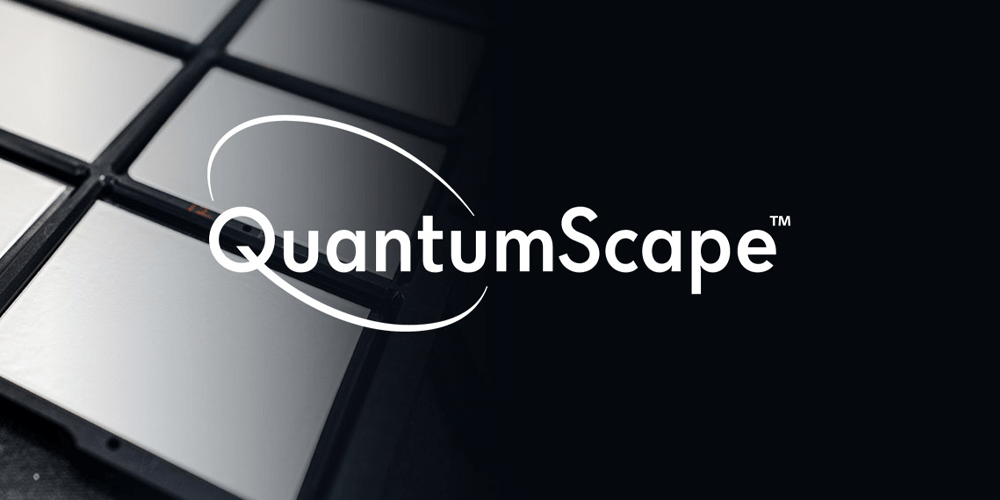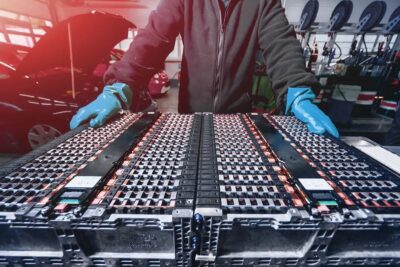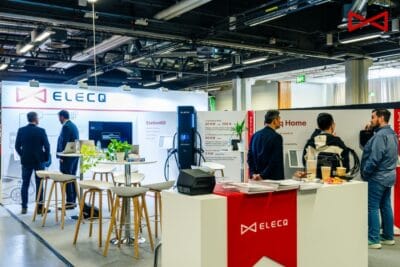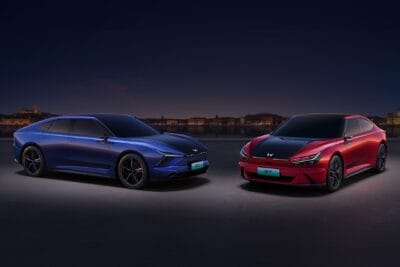QuantumScape to open second pilot plant
Solid-state battery specialist QuantumScape plans to issue 13 million new shares. The expected proceeds of $859 million are to be invested in the company’s planned pilot plant and in the joint venture with Volkswagen. In connection with the joint venture, there is also talk of a second pilot plant.
Specifically, QuantumScape intends to use the funds from the share issue (equivalent to around 728 million euros) to more than double the capacities of the QS-0 pilot plant in San José, California, which was announced in February. The solid-state battery specialist also plans to invest part of the proceeds in its joint venture with Volkswagen. In this context, the US-Americans are aiming for another pilot plant called QS-1 with a capacity of 1 GWh, which will later be successively expanded to a total capacity of 21 GWh for series production. It is not yet clear where this plant will be built.
Incidentally, QuantumScape does not mention the new information on the pilot plants named QS-0 and QS-1 in its press release on the share issue; it is hidden in a long stock exchange notice, the “SEC Report”.
QuantumScape made the plans for a pilot plant in San José public a few weeks ago when it announced its financial results. The plant, called QS-0, will be able to produce more than 100,000 samples of solid-state cells per year, the announcement said. An expansion of capacity by more than double would thus lead to an output of more than 200,000 samples. As is the aim for the QS-1 pilot plant, which is still without a location, pilot cells are to be produced first in San José and later cells ready for series production. In concrete terms, the latter should be possible in San José from 2023.
In February, it was still said that QuantumScape wanted to spend between 230 and 290 million US dollars (about 190 to 240 million euros) in the current year to continue the development of its solid-state battery cells and to build the QS-0 factory. After the new announcements from the stock exchange release and the new share issue, these statements may already be outdated. QuantumScape had already received fresh capital at the end of 2020 through its IPO itself and last summer through an investment of 200 million euros from Volkswagen, among others. The Wolfsburg-based company now owns a third of the California-based company.
While QuantumScape remained silent about its technology for a long time, the company presented performance data of prototype cells for the first time in December 2020. Since then, it has become a little clearer where the journey is headed: According to the Americans, the technology can help improve the range of electric cars by up to 80 per cent compared to today’s lithium-ion cells.
The published results with single-layer pouch cells suggest that QuantumScape’s battery can be quickly charged to 80 per cent capacity in 15 minutes. Alongside this, the developer promises a remaining battery capacity of more than 80 per cent after 800 cycles, which means that “hundreds of thousands of kilometres can be covered”. In addition, the solid-state battery is said to be extremely fireproof and to function on a broad temperature continuum without a major drop in performance – even in cold temperatures as low as minus 30 degrees.
Quantumscape claims it has succeeded in optimising the lithium metal solid-state battery through ten years of development work in such a way that all aspects from high energy density, fast-charging capability and long service life to safety and realistic operating temperature are guaranteed. Until now, the low cycle stability has been considered a major weakness of solid-state batteries. The core of the QuantumScape technology is a ceramic separator, which is supposed to remedy exactly this. In addition, the solid-state battery does not have a classic anode. This is formed from pure lithium metal as soon as the battery is charged.
According to the Californian company, the cells tested were single-layer pouch cells with “thick cathodes” (>3mAh/cm2), which are analogous to the cathodes of conventional batteries. During the presentation of the test results, company boss Jagdeep Singh said that further development work will consist of converting the single-layer cells into multi-layer cells and then preparing them for mass production. This should start in the second half of 2024 with the help of Volkswagen. The Wolfsburg company will then have the right to become the first customer for the new batteries based on solid-state technology.
With reporting by Cora Werwitzke, France.
insideevs.com, electrek.co, techcrunch.com, ir.quantumscape.com, sec.report





0 Comments